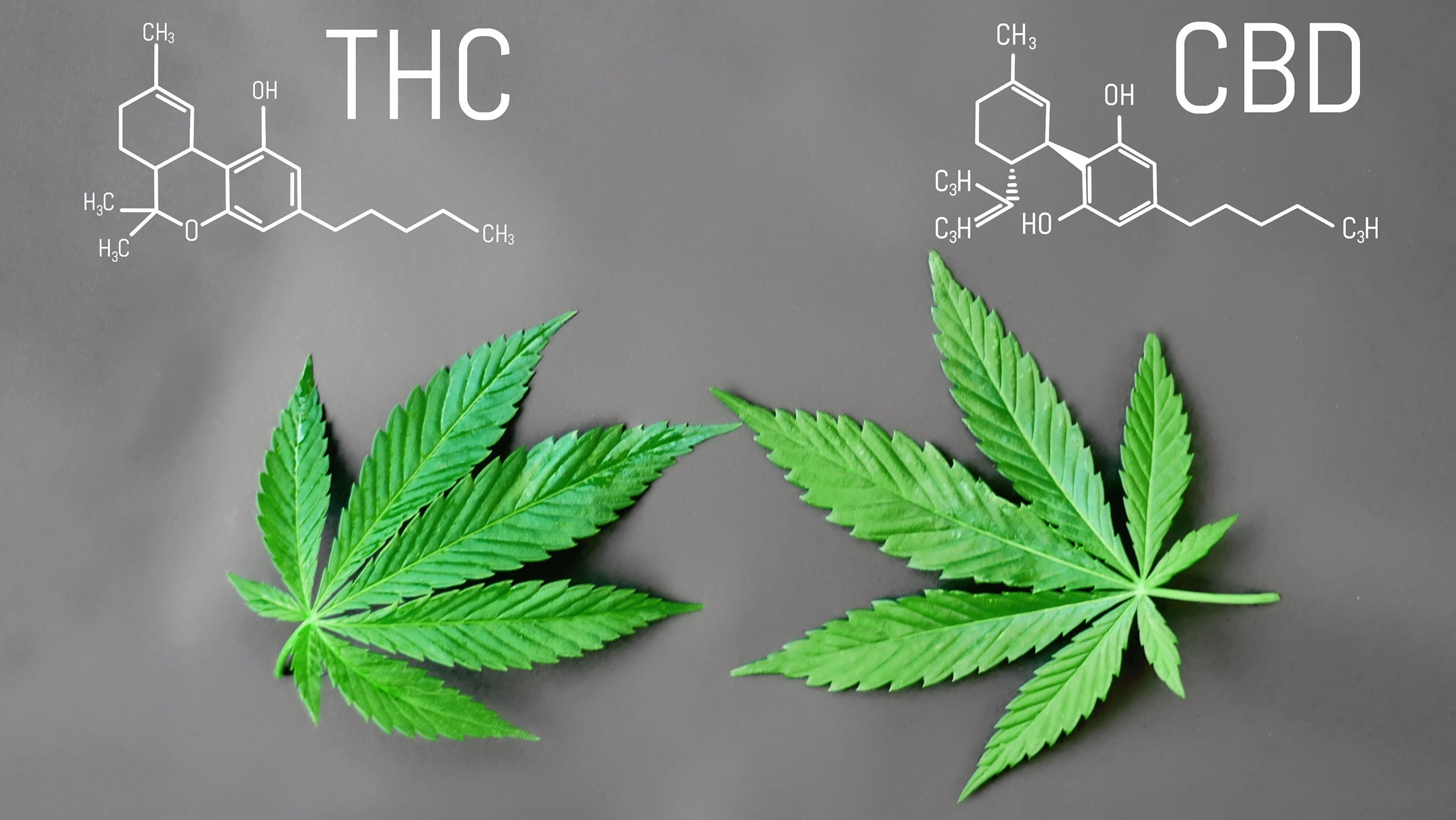
Cannabidiol (CBD) is a chemical compound found in the cannabis plant that has gained popularity in recent years for its potential health benefits. Unlike tetrahydrocannabinol (THC), CBD does not produce a “high” or intoxicating effect. While CBD is generally considered safe, it can cause side effects in some people. In this article, we’ll explore the potential side effects of CBD and what you need to know if you’re considering using it.
What are the side effects of CBD?
CBD is generally considered safe, but like any supplement or medication, it can cause side effects in some people. The most common side effects of CBD include:
- Dry Mouth: CBD can decrease saliva production, which can lead to a dry mouth. This side effect is usually mild and can be relieved by drinking water or other fluids.
- Drowsiness: CBD can cause drowsiness or fatigue, especially at higher doses. This side effect may be more pronounced in people who are sensitive to the effects of CBD.
- Changes in Appetite: CBD can affect appetite in some people, causing an increase or decrease in appetite.
- Nausea: CBD can cause nausea in some people, especially when taken in high doses.
- Diarrhea: CBD can cause diarrhea in some people, especially when taken in high doses.
- Changes in Mood: CBD can affect mood in some people, causing feelings of anxiety, irritability, or agitation.
While these side effects are generally mild and go away on their own, it’s important to talk to your healthcare provider if you experience any of these symptoms, especially if they persist or worsen over time.
What factors can influence the side effects of CBD?
The side effects of CBD can vary depending on several factors, including:
- Dosage: The amount of CBD you take can influence the severity of side effects. Higher doses of CBD may increase the risk of side effects.
- Method of Administration: The way you take CBD can also influence side effects. For example, oral CBD may be more likely to cause gastrointestinal side effects, while inhaled CBD may be more likely to cause respiratory side effects.
- Quality of the Product: The quality of CBD products can vary widely, and some products may be contaminated with harmful substances. It’s important to purchase CBD products from reputable companies that use third-party testing to verify the purity and potency of their products.
- Individual Factors: Some people may be more sensitive to the effects of CBD than others, and certain health conditions or medications may increase the risk of side effects.
What precautions should I take when using CBD?
If you’re considering using CBD, there are several precautions you should take to minimize the risk of side effects. Here are some tips:
- Start with a Low Dose: It’s important to start with a low dose of CBD and gradually increase the dosage over time. This can help you avoid side effects and find the optimal dose for your needs.
- Consult with a Healthcare Provider: Before using CBD, it’s important to talk to your healthcare provider to make sure it’s safe for you to use, especially if you have any underlying health conditions or are taking medications that could interact with CBD.
- Choose High-Quality Products: When purchasing CBD products, it’s important to choose products from reputable companies that use third-party testing to verify the purity and potency of their products.
- Monitor Your Symptoms: If you experience any side effects while using CBD, it’s important to monitor your symptoms and talk to your healthcare provider if they persist or worsen over time.
- Avoid Driving or Operating Heavy Machinery: CBD can cause drowsiness or fatigue, especially at higher doses. It’s important to avoid driving or operating heavy machinery while using CBD.


